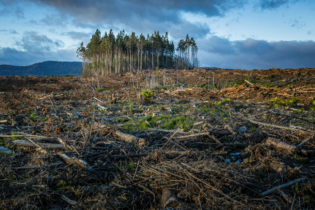By Patrick Forbes, professional assistant: Litigation Department at Garlicke & Bousfield
The recent publication of the Carbon Tax Policy Paper has once again ignited debate on the issue of a carbon tax across numerous sectors of society. This is not the first paper published on the issue and is born out of, among other papers, the Carbon Tax discussion paper published in 2010, the Budget Review in 2012, and the National Climate Change Response Paper. But what do all these papers and policies actually mean for small to medium enterprises and the person in the street? The first item that must be addressed in order to understand the policy paper is that government’s stated goal of a carbon tax is that it will form part of a suite of measures aimed at reducing South Africa’s greenhouse gas emissions, which produce approximately 1.5% of global carbon emissions.One of the key concerns has been what threshold a particular business or entity would have to meet or exceed before becoming liable for the carbon tax. The latest policy paper is silent on this and although there have been informal suggestions on what the threshold will be, the actual limit has yet to be confirmed.
The structure for the implementation of the tax has been set up to allow for a five-year initial period to ensure that a phased-in approach to the tax is adopted, focusing the tax initially only on scope 1 emissions, being direct emissions, and providing for a 60% tax free threshold. Additional tax free thresholds and complete exemptions for certain industries are also envisioned. The cost is set at R120/tonne and would be set to increase at 10% per annum for the first five years. The bottom line for the consumer or a business is, however, that any tax levied on a supplier of goods or services is inevitably passed down to the supply chain as an increased cost. Businesses would be well advised to examine their supply chains, to identify suppliers who may be subject to the tax, and thereby anticipate the potential rise in costs. In terms of electricity consumption, it has been estimated that an increase on the electricity price of anything between 1 and 5 cents per kilowatt-hour can be expected. The policy paper lacks detail on a number of other critical issues, but the stance taken by Treasury has been that based on comments and inputs on the policy paper the details can then be clarified in time for the introduction of the tax on 1 January 2015.






